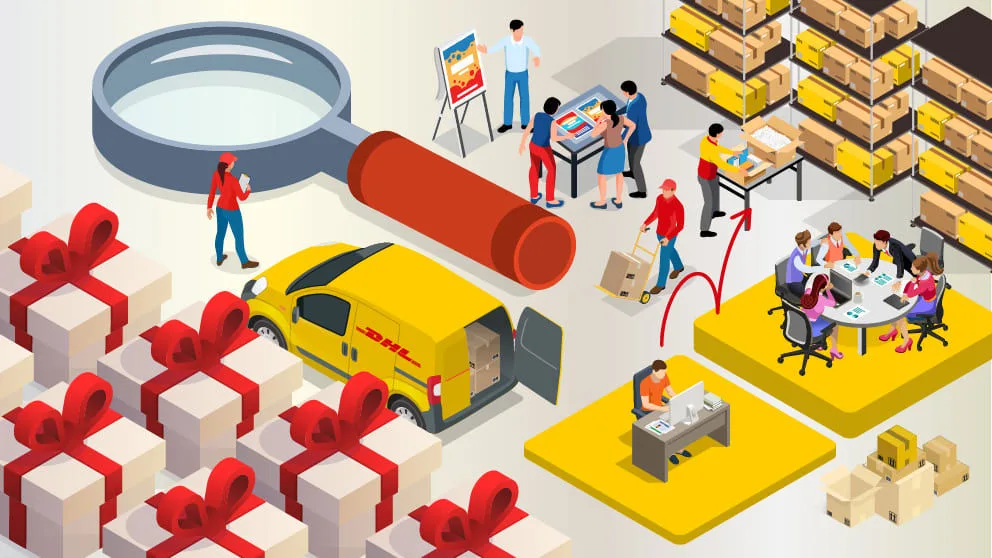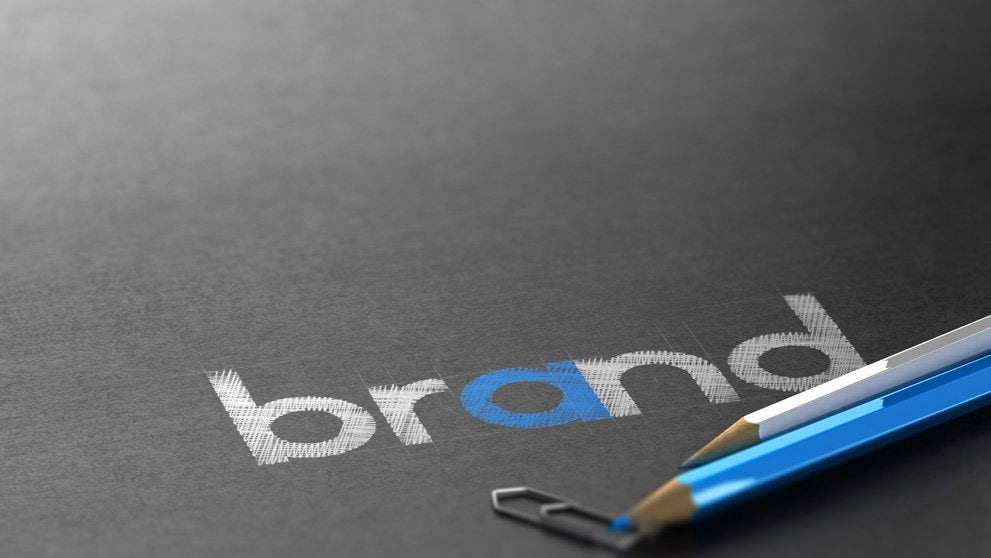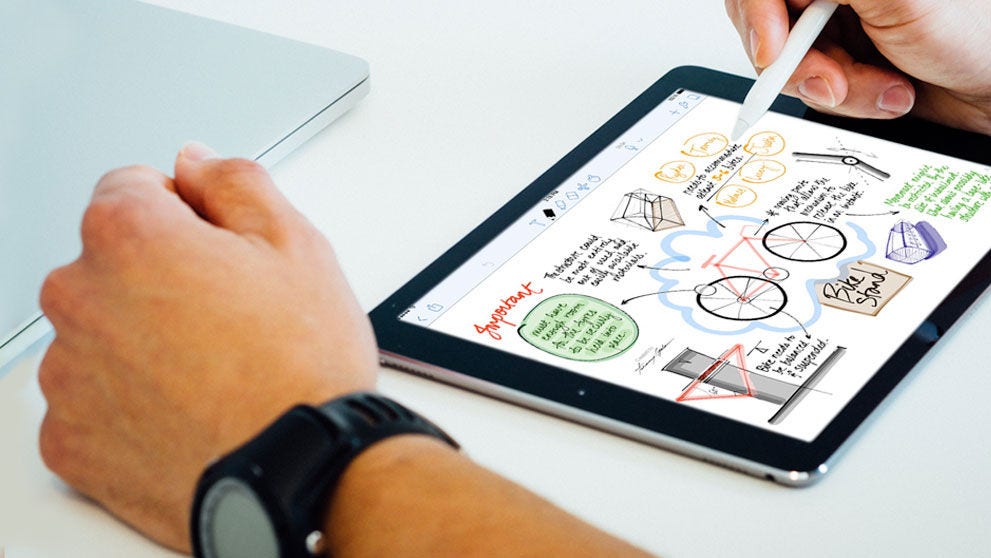
Indonesia's startup scene has been booming in recent years, with entrepreneurs launching businesses across a wide range of industries. In fact, Jakarta's burgeoning startup ecosystem was recently ranked third in Startup Genome's 2021 "Emerging Ecosystems" list. The city boasts a combined startup valuation of US$34 billion, making it one of the most exciting places to watch.
Indonesia is the largest economy in Southeast Asia, as found by the World Bank. Not just that, it's also projected to be the fourth largest economy in the world by 2030, according to Wellington Capital Advisory. Additionally, thanks to its central location, Indonesia is within easy reach of other Asian countries, which makes it an ideal base for regional operations. All of this makes Indonesia an increasingly appealing destination to build a startup.
If you are looking to start a company in Indonesia, this guide will provide the steps and documents required to start a business in the country.
How to launch your business in Indonesia
Before starting a business in Indonesia, it is important to do your research and complete the necessary steps. This means establishing the right company structure and registering it in line with official regulations. The following sections discuss just this.
Choose the preferred company structure
First, to build a startup in Indonesia, you must decide on your preferred business structure, which comprises:
- Foreign-owned Limited Liability Company (PT PMA) – May be fully (i.e. 100%) owned by a foreign party, but only in the following sectors: infrastructure, agriculture, industry, maritime, tourism, and digital economy.
- Local Limited Liabilities Company (PT) – For foreigners looking to partner with Indonesian cooperatives and MSMEs in industries such as agricultural commodities (including soy and hybrid rice), power plant consultation, bricks and ceramics, public works and housing, etc.
- Representative office (RO) – An entity that allows foreign companies to conduct market research and network. This type of business structure is attractive as no capital is required. However, businesses cannot engage in profit-making activities.
Upon deciding on your company’s structure, you have to prepare the necessary documents and fulfil other requirements as needed for the successful formation of your company.
Prerequisites for incorporating a company
For foreigners looking to launch a company in Indonesia, registering for a PT PMA is likely the best option. PT PMA companies enjoy the same rights as locally owned companies. Moreover, PT PMA companies can use land in Indonesia and build on it, obtain industry licences, sponsor visas for foreign employees of the company, and participate in local tenders.
However, the following requirements must be met by you as the business owner of any company, including a startup:
- The minimum capital required for setting up a PT PMA in Indonesia is IDR 10 billion. Out of this, 25% must be paid-up capital. This paid-up capital can be in the form of cash or fixed assets.
- There must be at least two shareholders for the company; they may either be individuals or corporate shareholders.
- You must appoint at least one resident director and one commissioner.
- You must choose a business name and location prior to registering the company.
Documents required
Apart from the requirements mentioned, a number of other documents are also required for the formation of a company in Indonesia. They include:
- Tax identification number (Nomor Pokok Wajib Pajak or NPWP)
- Single Business Identity Number (Nomor Induk Berusaha or NIB)
- Deed of Establishment issued by the Ministry of Law and Human Rights
- Business Licence
- Domicile letter
Once you have prepared these documents through the local OSS system, your company will be registered, and you may start operating upon approval. On average, incorporating a company takes about a month after the submission of documents.













